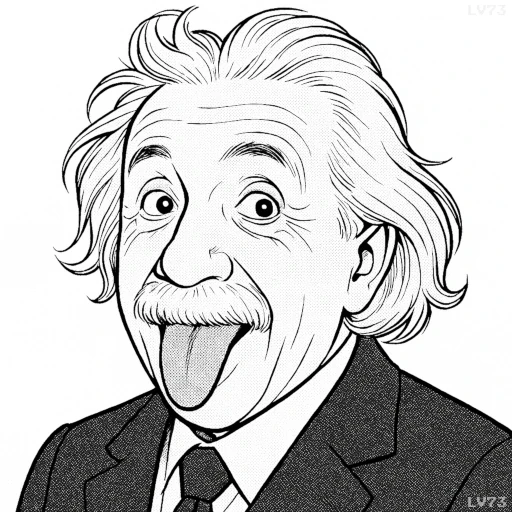“Put your hand on a hot stove for a minute and it seems like an hour. Sit with a pretty girl for an hour, and it seems like a minute.”

- March 14, 1879 – April 18, 1955
- German-born Jew
- Physicist
table of contents
Quote
“Put your hand on a hot stove for a minute and it seems like an hour. Sit with a pretty girl for an hour, and it seems like a minute.”
Explanation
In this quote, Einstein humorously illustrates the relativity of time as experienced through perception. He uses two contrasting situations—a painful one and an enjoyable one—to show how time can feel different depending on our emotional and physical experience. When in discomfort, even a short moment can feel prolonged, while pleasurable moments seem to pass quickly. Einstein’s analogy playfully reflects a key insight of his theory of relativity: that time is not absolute but can feel subjectively different based on the context and one’s state of mind.
Historically, this observation aligns with the psychological understanding of time perception, where emotions, attention, and experiences affect how quickly or slowly time feels. Philosophers and psychologists alike have explored how time seems to “drag” in discomfort or boredom but “flies” when we are fully engaged and happy. Einstein’s statement reflects the idea that time is shaped by our experiences and emotional responses, making it relative not only in physics but also in everyday life.
In today’s world, Einstein’s insight encourages us to appreciate the present and be mindful of how our emotions shape our perception of time. His words remind us to savor enjoyable moments, as they may feel fleeting, and to understand that difficult times, while they may feel longer, are also temporary. This perspective fosters a deeper awareness of how we engage with time in different experiences, inspiring us to live more fully in the present and appreciate each moment for what it is.
Would you like to share your impressions or related stories about this quote in the comments section?



